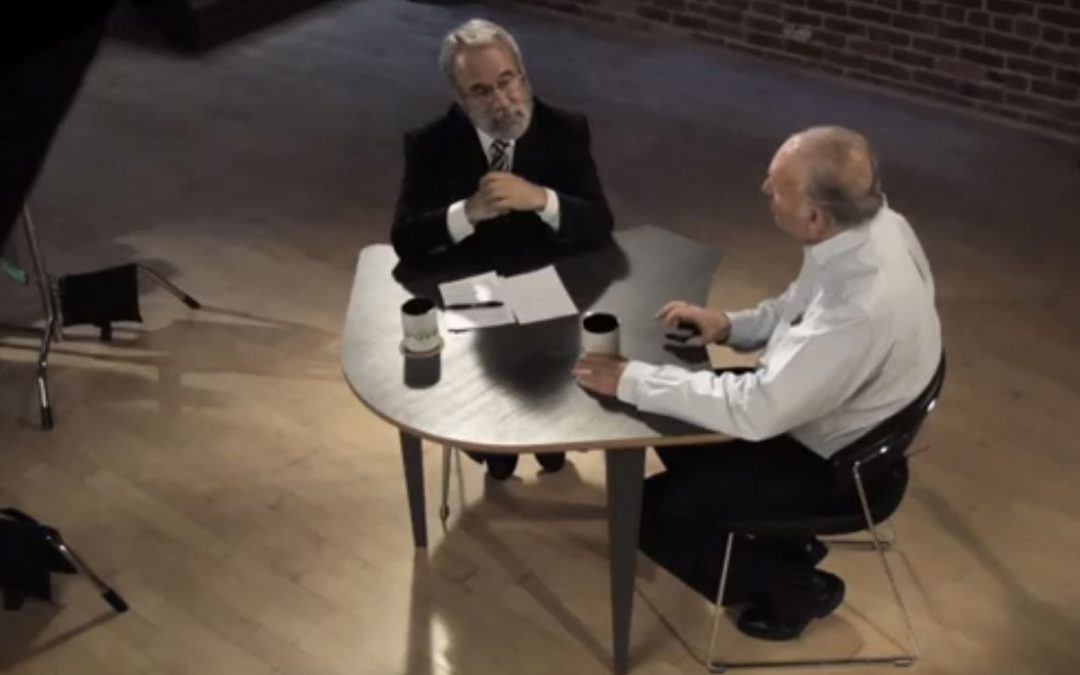My favorite sentence in Peter Dreier’s 100 Greatest Americans of the 20th Century is “No struggle for justice succeeds without organization.”
Seasoned social entrepreneurs and practiced change agents are constantly organizing. Most visibly, societal institutions – business, government, schools, places of faith, health systems, etc. – are in constant need of pushing, pulling and prodding on the long journey towards justice.
Less obviously and certainly less glamorously, but more fundamental to your social change success, “You cannot be effective in this work…if your desktop is a shit show,” says ThinkImpact CEO Saul Garlick.
Michael Bungay Stanier in End Malaria gets it: “Great work is often built on the mundane. Great cathedrals start with bricks, great paintings begin with paint, and great novels start with words.” He might have added that great social change begins with filing.
What’s your story? We all have one. Is yours about big ideas, big principles and big talk OR about big results.
As the CEO of the Global Center for Social Entrepreneurship Jerry Hildebrand notes, ambition, winning personality, basic intelligence, working hard and commitment to mission are attributes, not skills. Skill sets are what you know and, then, what you can get done.
And, very little gets done if you are not well-organized and operationally efficient.
Ironically, solid personal organizational skills are rarely praised. We might say of a co-worker, they are smart or articulate or know a lot about a particular topic. We rarely say a co-worker is good at filing, or managing a database, or simply punctual because we just expect a baseline level of professional attention to the commonplace of social change work.
Nevertheless, in economic terms everyone recognizes that disorganization causes externalities. The sloppy office worker creates chaos, aggravation and more work for other social change colleagues. Mission and morale suffer.
An oddity of human nature is that we mistakenly tend to think human qualities bunch together in individuals. Thus, a movie star who knows absolutely nothing about public policy is a sought-after endorsement for politicians because voters are tricked by the halo effect. In juxtaposition, a negative halo undercuts people of both sexes who are not stereotypically attractive.
A different kind of halo effect, one might say a self-delusional one, is to imagine that, because you are organizing good works, you are good at being organized. Social Justice Spoiler Alert: the halo effect does not apply to you. Go organize yourself.
________________________
LEARN MORE
Follow Jonathan Lewis on Twitter: @SocentClinic
Special thanks to Cafe Impact.
Follow us, http://Twitter.com/NobleProfit
Like us, http://Facebook.com/NobleProfit
Register at http://NobleProfit.com to gain valuable insights in related topics.
Noble Profit is brought to you by http://CreativeEntity.Org
Creative Entity Productions http://Creative-Entity.com
Created by Amy Seidman
To syndicate this content visit our channel on CSRwire
http://www.csrwire.com/blog/series/36-noble-profit-bridging-the-gap-between-making-money-doing-good/posts.


 Noble Profit™ is an authentic source for discovering innovation, trends and investment in clean tech, and sustainable business.
Noble Profit™ is an authentic source for discovering innovation, trends and investment in clean tech, and sustainable business.